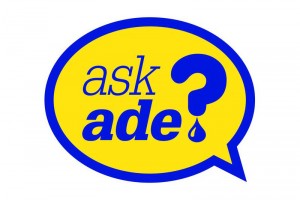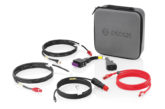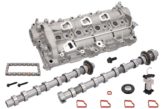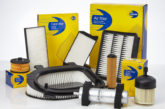
With almost 30 years’ experience in the oil and lubricants industry, Morris Lubricants’ Automotive Product Manager Adrian Hill is perfectly placed to provide his expert insight and analysis.
 I’m a regular reader of PMM and my question relates to Stop Start technology and the current trend for higher performance, downsized engines that are putting increased stress on their load bearing surfaces.
I’m a regular reader of PMM and my question relates to Stop Start technology and the current trend for higher performance, downsized engines that are putting increased stress on their load bearing surfaces.
It was always believed that most engine wear took place on engine start up and when running under high load, especially at relatively low engine revs. This is when the engine oil and water pumps are running at their least efficient speed to lubricate and cool the motor. With all engines now featuring a turbo, this only increases the heat soak.
With modern fuel saving oils working at their upper temperature boundary, the hydrodynamic film of oil for a 5W/20 or 5W/30 is like water and can run away in seconds, leaving highly loaded hot surfaces dry on start up. Can you explain how this oil copes under such arduous conditions to prevent premature wear or complete engine failure? – MIKE SWANN, BASILDON, ESSEX
ADE’S ANSWER:
The move to lower viscosity oil grades does seem peculiar when you look at the facts stated in your question, but the level of sophistication in base oil composition and additive system technology has been pushed to cope with these new operational regimes. Of course, the main reason for moving to lower viscosity grades is to improve fuel economy by reducing viscous drag on components.
The added benefit of lower viscosity oils is that they can be pumped more readily (on cold start up) and carry heat away faster than thicker oils (when the pump is not at its most efficient).
These oils are formulated with fully synthetic base fluids that not only have better heat resistance, but produce stronger oil films – a practical necessity under low revs and high loads.
This feature goes some way to compensating for the thinner oil film produced, preventing metal-to-metal contact and wear, but it still needs enhancement with additive system technology.
Powerful anti-wear chemistry is required, particularly under shock load conditions – where the oil film may rupture – on cold start prior to a hydrodynamic film being produced, and under high loads where the hydrodynamic oil film may approach boundary lubrication conditions.
This powerful combination of synthetic base fluids and additive chemistry is finely tuned to provide sensible service life, after-treatment compatibility and engine component longevity.









